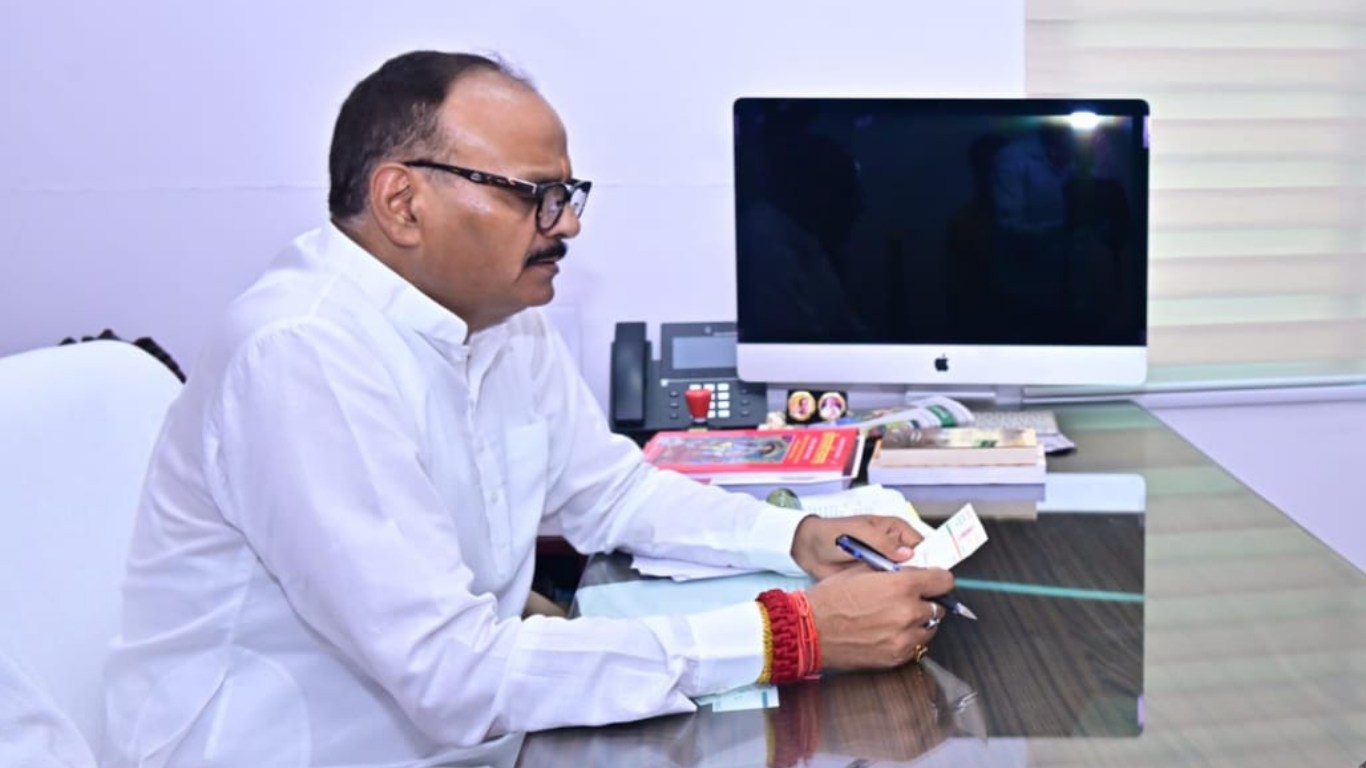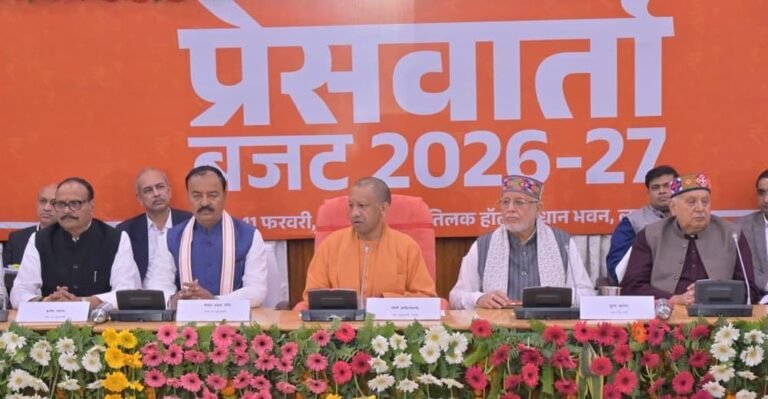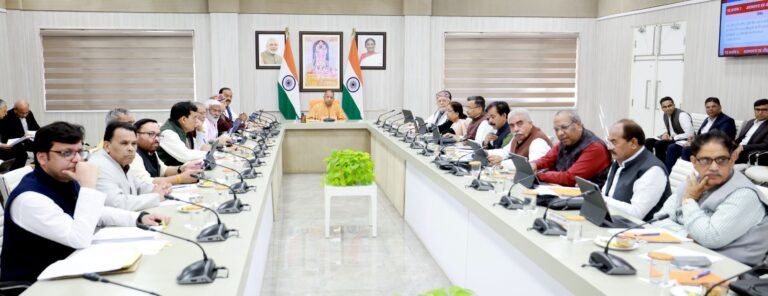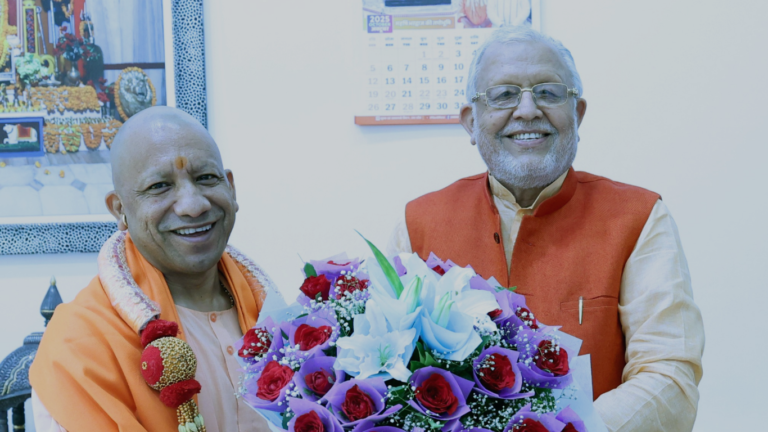
On Monday, a delegation of retail fertilizer traders from Uttar Pradesh met with Deputy Chief Minister Brajesh Pathak in Lucknow to discuss their growing concerns over pricing issues. The traders, who supply fertilizers to thousands of farmers across the state, have been facing challenges due to inconsistent pricing, delayed subsidies, and rising transport costs.
The traders’ representatives said they were under pressure because of discrepancies between procurement prices and selling prices, leading to financial strain. They claimed that despite fixed rates declared by the government, they end up selling fertilizers at a loss due to high transportation charges and delayed payments from suppliers.
Deputy CM Brajesh Pathak gave a patient hearing and assured the traders that their issues would be taken seriously. He emphasized that the government is committed to protecting both the farmers and the traders. “We want a balance where traders don’t suffer losses and farmers also get fertilizers on time at fair prices,” Pathak said.
Many traders expressed hope that the government will step in to revise pricing policies and provide clarity on subsidy disbursements. “We are not against regulation. But the cost of delivery is higher than the margin allowed,” one trader from Rae Bareli said.
Traders Demand Transparent Pricing and Timely Subsidy
The core demand from the traders is transparent pricing and timely release of subsidies. At present, the government fixes the maximum retail price (MRP) for fertilizers, but the traders claim that hidden costs make it difficult to sustain their business. These include transport charges, storage costs, and GST on certain services.
One of the representatives from the Fertilizer Traders Association of UP highlighted that small retailers are the worst hit. “We are the last link in the chain. Farmers rely on us. But if we are forced to sell below cost or face penalties for pricing mistakes, how can we survive?” he said.
During the meeting, traders submitted a memorandum to the Deputy CM listing their key demands:
- Uniform transport subsidy across all districts
- Timely reimbursement of subsidy payments
- Revision of profit margins for retailers
- No penalty for pricing errors caused by delayed official updates
Pathak assured the delegation that he would raise the matter with the concerned departments, including the Department of Fertilizer and Agriculture, and work towards a fair solution.
The meeting lasted over an hour, with active participation from both sides. While no immediate decisions were announced, the government acknowledged the depth of the issue and promised further discussion at the policy level.
Here is what Happened on Monday:
Deputy CM Brajesh Pathak begins the meeting with UP retail fertilizer traders. Key officials from the Agriculture Department are also present.
Traders highlight margin issues, delay in subsidies, and lack of pricing clarity. A representative from Hardoi says they have not received transport subsidies for six months.
Brajesh Pathak assures traders of full support. “Your concerns are valid. We will look into the matter seriously and bring it to the notice of the Chief Minister if needed,” he says.
Traders hand over a written memorandum with detailed requests, including region-wise subsidy revision and streamlined paperwork for fertilizer distribution.
Meeting concludes. Traders call it a “positive step” and say they are hopeful of constructive action.
Next steps may involve a follow-up session between the traders and officials from the Department of Fertilizer & Consumer Affairs. The state government is also likely to review transport subsidy models to make them more region-specific and fair.
Conclusion: A Crucial Dialogue for Farmer Support and Trader Relief
The meeting between UP’s retail fertilizer traders and Deputy CM Brajesh Pathak marks a crucial dialogue at a time when both farmers and traders are feeling the heat of rising costs and unclear policies. With the sowing season at its peak, smooth and fair fertilizer distribution is key to ensuring crop success and farmer satisfaction.
While the traders did not receive any concrete policy decisions during the meeting, the government’s willingness to listen and take the matter forward has offered a ray of hope. As Uttar Pradesh moves into the next phase of the agricultural cycle, it remains to be seen how swiftly and effectively the government addresses the concerns raised in this vital discussion.



